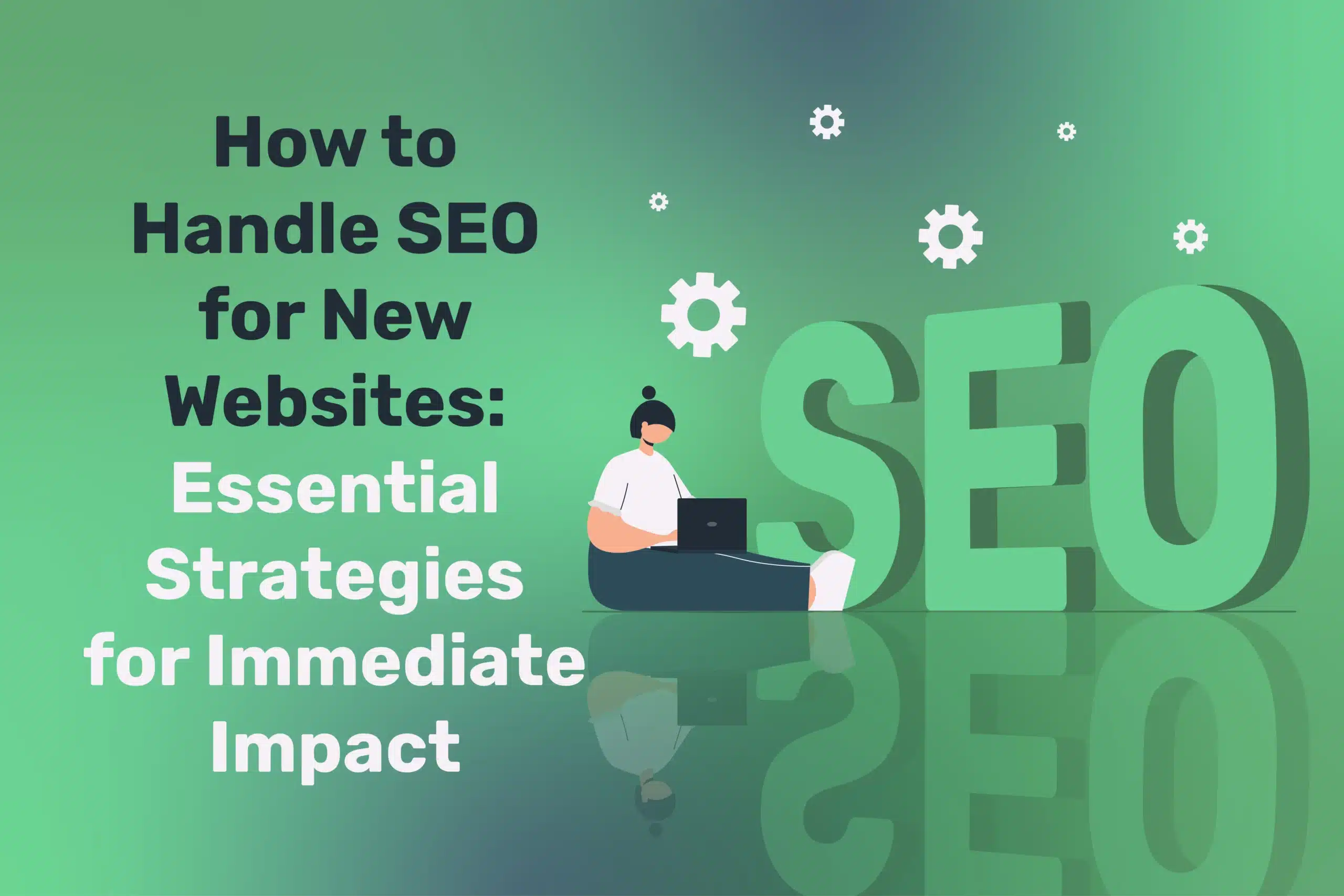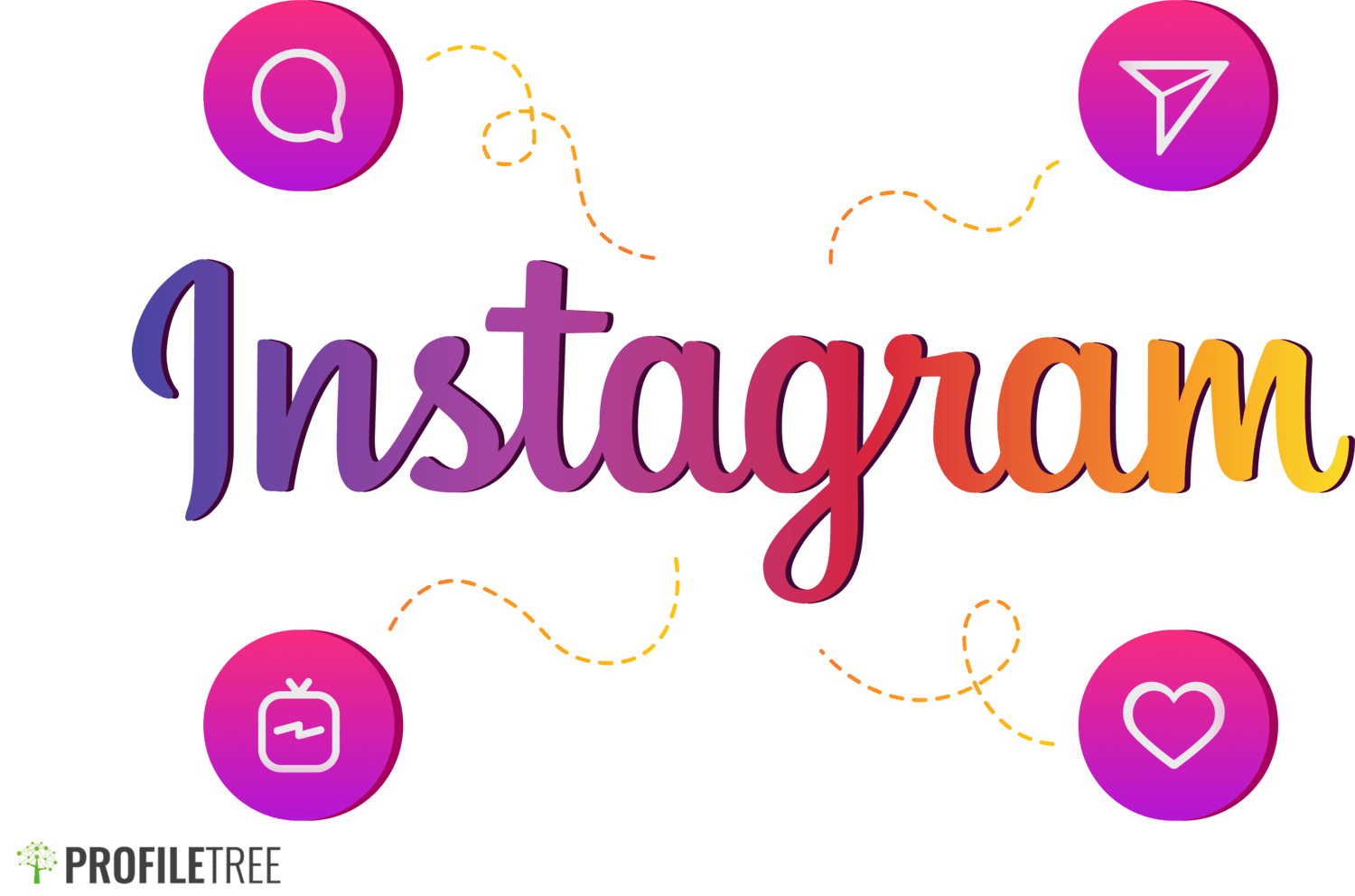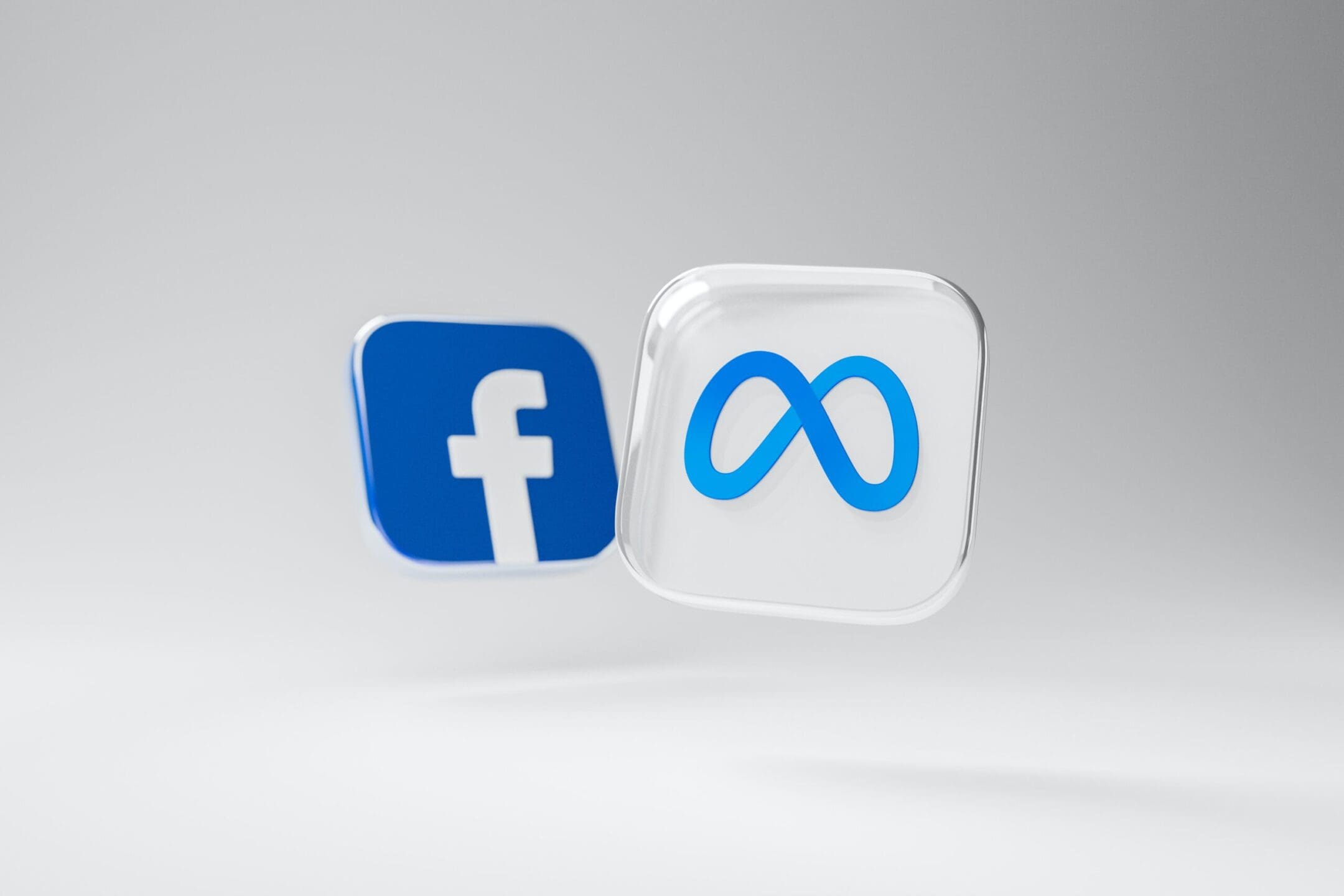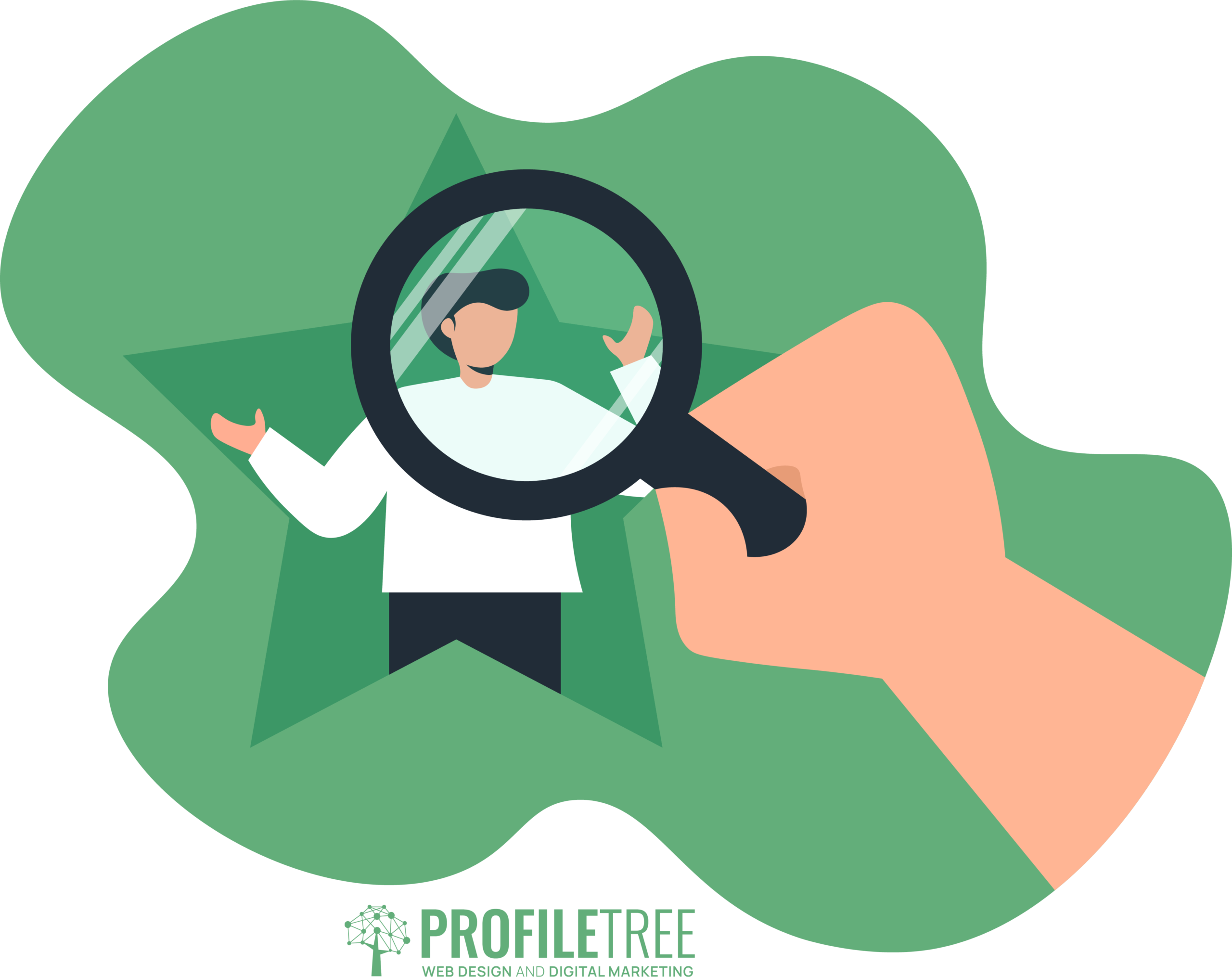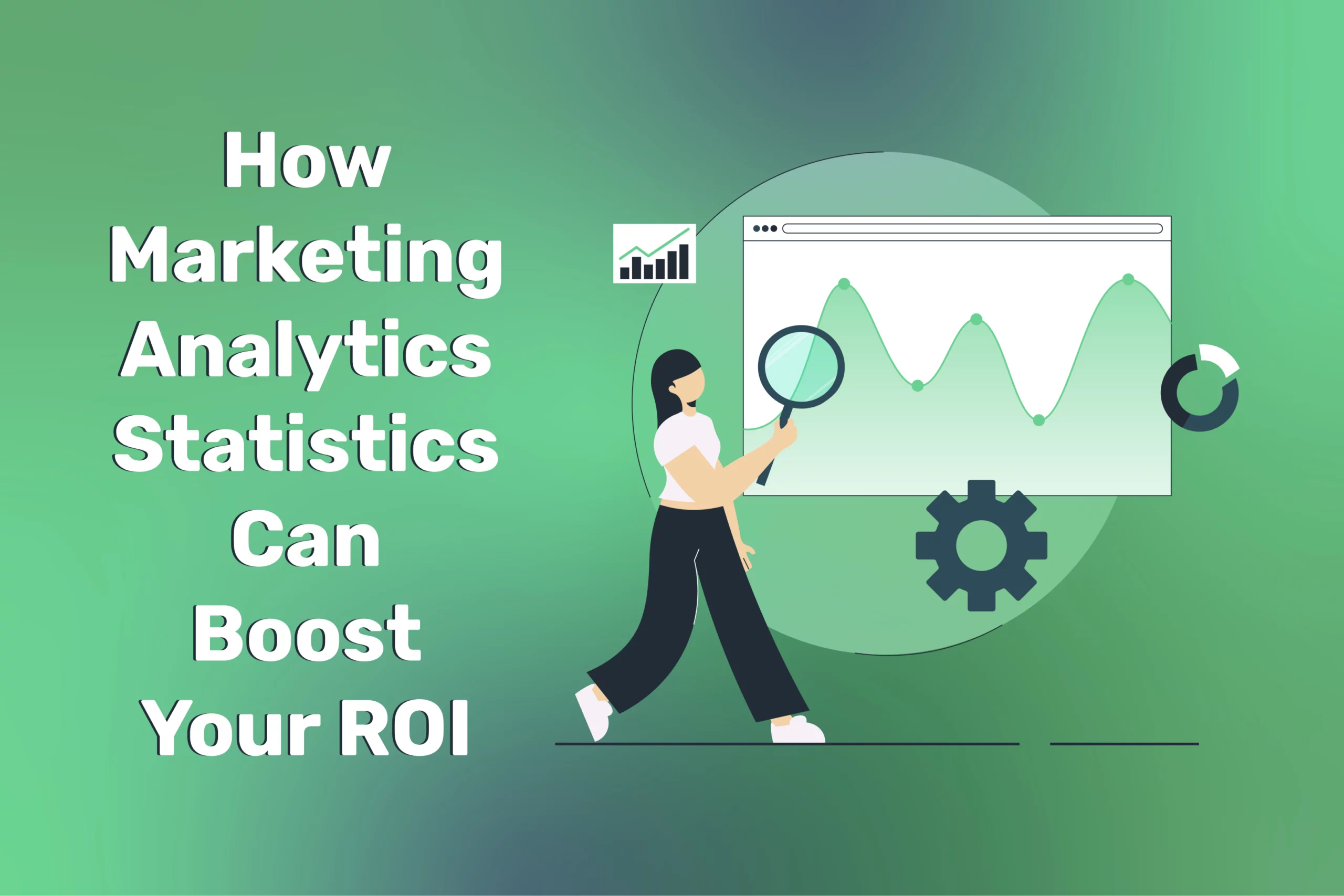What Is a Personal Brand and How to Build a Strong One
As the world shockingly started to realise that this new virus was too fierce to contain in only two weeks and was probably going to stick around for who knew how long, and when the news of how thousands of people were laid off from their jobs overnight, everyone, even those who kept their jobs, somewhat felt cornered. Apparently, depending entirely on employers to provide them with work was not guaranteed anymore. They had to do something by themselves.
But even before the pandemic and especially over the past decade, there has been a growing interest in self-employment. More and more people are escaping the constraints of their nine-to-five corporate jobs and pursuing a more self-managed work style that best suits the way they want to live. They, in this case, start depending on themselves to attract customers. The question of “What makes me stand out so customers would choose me over others?” has accordingly become the driving force of their workdays.
Yet, as it turns out, such a question is not limited to freelancers. Even employees, who supposedly have more security and financial stability, do find themselves concerned with setting themselves apart from others. Even though they are not the ones who officially bother with the organisation’s distinction and how much its services appeal to customers, employees need to find ways to grow, develop and expand their expertise so they can appeal to new and better employers.
That is precisely when a concept known as a personal brand comes in handy. Whether they happen to be experienced freelancers or ones with no expertise whatsoever still trying to land their first jobs, newly-promoted managers or fresh grads preparing for their first interview ever, personal branding, which is our main focus in this article, is what everyone in the labour force needs to understand and apply to stand out and become successful.
So grab yourself a cup of coffee, and let’s hop into it.
Branding
Before we can actually understand what a personal brand is all about and how we can use it in order to achieve better career outcomes, we first need to take a step backwards and analyse what a brand and branding mean in the first place.
There has not been a time in history when people have been as obsessed with buying brands as they are nowadays. Whether this happens to be the clothes they buy, gym gear, home appliances, or kitchen tools, brands have become such an unshakable part of their identity that, even if they are not able to afford them, they may go as far as developing the nasty habit of maxing out their credit cards and getting into that vicious cycle of debt to buy them.
But apart from what this implies about how modern society influences the psychology of people and how much social media has a hand in that, which psychologists have written thousands of scientific papers on already if we just strip most of these layers away and get to the core meaning of a brand, we might actually understand the meaning of personal branding so easily.
In the past, the word brand was used only to refer to a type of product a specific company manufactured and gave a certain name to. Therefore, branding was the process of disseminating this product so customers could learn about it and hopefully decide to buy it.
But the growing competition over the past decades has changed things around. The brand turned into a unique product or service that is distinguished from all others, one that stands out and is recognised by customers as a top-class thing.
In that matter, branding becomes not only concerned about spreading the word about that product or service but too about convincing customers it is their ultimate best option which, therefore, leads to them choosing it over thousands of other similar ones.
This conviction can only be built by communicating the true value of that product or service to the customers. It tells them how it, and only it, is going to satisfy their needs and make their life easier, more luxurious, more productive or generally better. Branding, therefore, builds a company’s reputation and trust with customers and eventually leads to it being their first choice.
Personal Branding
Well, the same concept applies to personal branding.
From the work perspective, everybody is a brand; a set of skills, abilities, strengths, mindsets, ambitions and the experiences we gained throughout our lives—we will collectively refer to those as talents—which are unique by default.
While people need to hone and leverage these talents, they will not be able to produce any good work with them, let alone achieve success, without communicating them to others. What benefit could you get if you are a super-talented pianist aspiring to perform with the Vienna Philharmonic, but only your mama and three-year-old chihuahua know about it?
Personal branding is then the process of communicating the value we can offer others through our work, which we develop using our unique set of talents, which, in turn, make us stand out among others. This has nothing to do with bragging, by the way, but as we will see in a bit, it is promoting our most authentic selves.
In this way, personal branding builds our professional reputation, influences the way people perceive us, and, hopefully, leads to them hiring us, whether for freelance or permanent, full-time jobs. Therefore, we must learn how to build strong personal brands because, guess what? We cannot succeed without having strong personal brands.
Building a Strong Personal Brand
Our personal brands, the way people see us and what they say about us, are affected by everything we do or say online and offline since our actions, in and of themselves, are highly influenced by our talents. Whether it is the way we engage with others on social media, what we post on our Instagram, how we usually talk to Starbucks baristas when ordering coffee or the tone with which we email our bosses about that delayed pay raise, it is all important. It all counts.
So here are a few steps you need to take in order to build a solid personal brand which you can then utilise to achieve your career goals.
Identify Your Talents
No matter how hard we actually work on something, it will only have value if we profoundly and truly accept and believe in it. In order to build a strong personal brand, you actually have to think of yourself as a brand and identify your very unique set of skills, abilities and strengths.
You can first do this by listing everything that you do best that sets you apart from others in your industry. Let your personal and professional experiences guide you to highlight your skills. Take some time to dig deep and give those hidden talents a chance to come out and blossom.
Another thing you can do is take the CliftonStrengths Online Talent Assessment. This is a highly trusted Strengthsfinder online test developed by Gallup, Inc, the famous American analytics and advisory company. It was closely designed to measure the intensity of one’s natural gifts in a spectrum of 34 themes by assessing their natural ways of thinking, emotions and behaviours.
Define Your Goals
Knowing everything about your capabilities and talents is fantastic but is only useful if you understand how you can best utilise them. In other words, you need to define the goals these talents will help you achieve.
Are you still starting your career and want to land a job in a field you love? Are you aspiring to get a particular promotion in the company you have worked in for the past three years? Or maybe you do not really like your job altogether and want to shift your career to something completely different, become a freelancer and turn to a digital nomad, or start your dream bakery business.
By specifically defining what you want to do in your career and which direction you want to take, you can direct the right skills and abilities toward achieving that goal.
Know Your Audience
Now that you have identified your goals think about which audience you are targeting with those goals. Is it your manager whom you want to convince you are the best one for the new job or that you deserve that promotion you have long waited for? Do you want to appeal to new employers to get a better job? Are you selling online calculus courses to six-graders?
The next step is to study them carefully and think about what they are looking for. What needs do you think your work will satisfy? Which qualities are they seeking? Once this is clear, you can use your talents to identify your added value that should supposedly meet your audience’s expectations and communicate it to them.
Be Authentic
After highlighting and communicating the value you offer to your audience, it would also be super convincing if you clarified how you are going to provide it. Do you have a unique method by which you execute your work? A strategy you follow to produce the best outcomes? A special mindset or routine that helps get things done effectively?
Note that whatever you communicate to your audience must be authentic. Besides the beautiful sense of purpose it generates, authenticity will provide you with increased self-confidence and make customers believe in, trust and feel comfortable dealing with you. The opposite is also true. If you present yourself as someone you are not, they will easily spot it and therefore draw away from and lose trust in you.
Use Storytelling
Storytelling is one of the most effective tools when it comes to branding your own skills and communicating your values. Using specific details and experiences from your own life, focusing on the lessons you learnt throughout your journey then articulating all of that in a vivid language that incorporates all five senses helps create a profound emotional connection with your audience.
Even more, than that, if you do not feel afraid of sharing your vulnerabilities, the hardships you have been through and the challenges you have overcome to get to where you are now, i.e. things that your audience members themselves might have experienced, you can help customers relate to and trust you. This will also emphasise your authenticity.
In the story, you can also incorporate the points that can motivate customers to choose you over others working in the same industry. For instance, use your story to highlight the uniqueness of the services you provide, the particular way you work or the added value you promise to provide your audience.
And do not underestimate how inspiring your story may turn out to be and the impact it may have on your audience. If they can relate to it, they may feel encouraged to share their stories as well.
Now there are so many ways through which you can tell your story. This could be a reel on Instagram, a video on Facebook or YouTube, a post on Twitter, a LinkedIn article, a blog post or a short podcast. Just use whichever way you feel most comfortable with and what best matches the platform on which you will post our story.
Research shows that adults aged between 25 and 34 years spend an average of five hours and 49 minutes a day on social media. That is almost a quarter of a day. If we spend that long on social media already, why then do we not use these platforms to promote our personal brands instead of mindlessly scrolling for hours and subconsciously feeding our brains with tons of information, most of which is not really that useful?
First of all, you must pay close attention to what you post, share and comment on on your social media. Everything you do directly affects the brand you are trying to build. In fact, about 80% of your personal brand and how people perceive you is built upon your online presence. If the person you are in real life does not match the one you present on social media, your audience will be confused, dissociated and may even end up distrusting you or, at the very least, feel less comfortable dealing with you.
Secondly, make sure you post valuable content on your social media pages. Like your work, this content has to offer value, be worthy of people’s time, and communicate who you are. Choose the correct type of content for each platform, and remember to maintain the same message you are communicating on all platforms. You can also share posts by other influencers with strong personal brands, people that you yourself admire and look up to.
Posting regularly is also very crucial when crafting your personal brand. Remember, your social media is the channel through which you communicate with your target audience. So you should stay consistent with being present there to increase your chances of always appearing on their news feed. That does not necessarily mean you bombard your audience with tons of good content all day long. Choose certain times and commit to them to post your content.
You might also invest some time in understanding how social media algorithms work. You do not want to post great content that ends up unseen just because some AI decides, according to a long list of God knows how many factors, that it should be hidden at this very specific time. Understanding these algorithms will make it easier to decide when you should post.
In addition to this, it is always a good idea to engage with your audience online. Reply nicely to their comments, be careful how you articulate your responses, and get into discussions with them when needed but also try to avoid any heated debates that may affect your personal brand badly. Offer and ask for help when needed and try to find new ways to make them engage more.
Build Authority
When doing everything we have mentioned so far correctly, you have already started building your personal brand authority.
Authority refers to your audience viewing you as a trustworthy expert in your field, someone who delivers the values they promise, pretty much knows what they are doing and is committed to who they present themselves to be. Keeping this in mind while building your personal brand will help you always stay on track, authentic and consistent.
You can also expand your authority by constantly developing yourself. Adding to your experiences, learning things beyond what you already know, closely evaluating your work, polishing your services and maintaining the value you offer other people automatically strengthen your personal brand and tell your audience you always evolve. This, in turn, creates more personal brand authority.
By default, each and every one of us has a personal brand, and it is imperative to understand its potential and the tremendous impact it can have on our lives. By following the right steps we mentioned in this article, you can build a strong personal brand and use it to start, develop, expand or completely transform your career.
